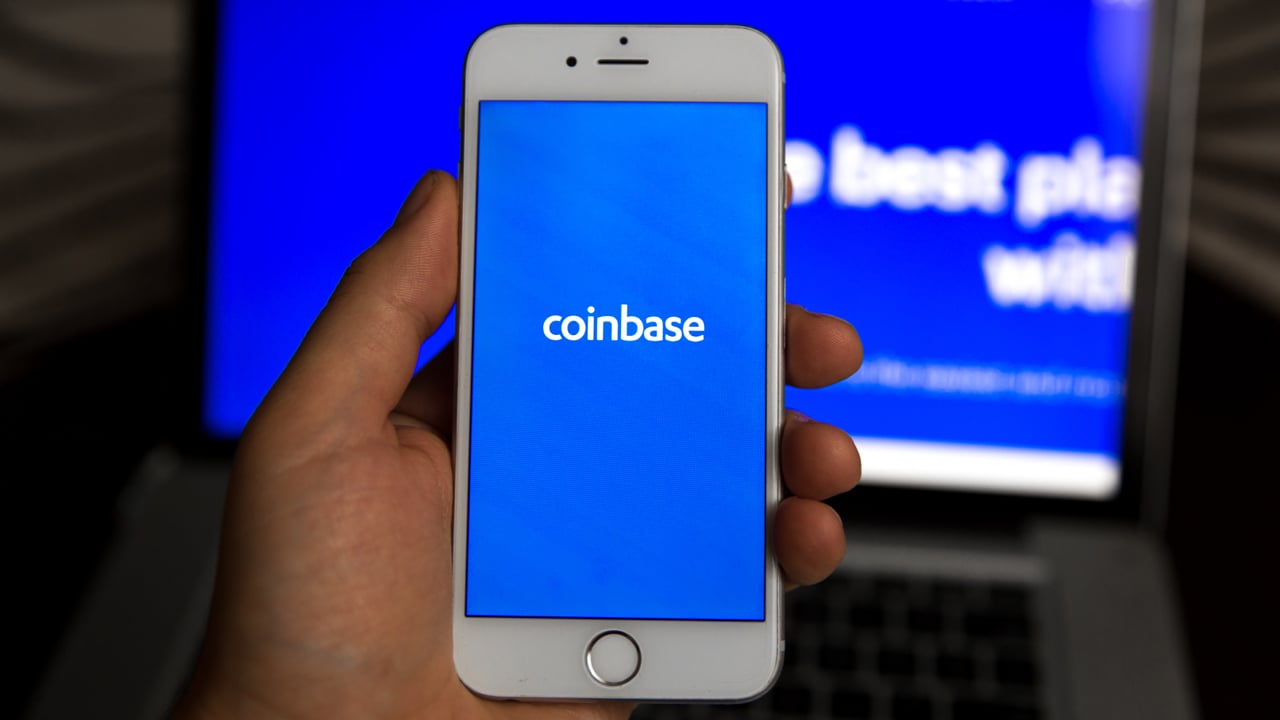Twothirds of people who use Coinbase are willing to leave the platform following reports that the U S exchange plans to sell user data to two government agencies for $250 000

Two-thirds of people who use Coinbase are willing to leave the platform following reports that the U.S. exchange plans to sell user data to two government agencies for $250,000.
Cryptocurrency trader and analyst John Rager carried out a poll on Twitter, asking his 73,000 followers: “Would you actually delete or stop using your Coinbase account?”
Over 5,000 people responded, and 66% said they would opt out of the regulated exchange, one of the world’s biggest. The remaining 33% expressed a willingness to stay. The platform holds thousands of personal user information drawn from stringent know-your-customer requirements, in compliance with US policies.
Coinbase is in the eye of a storm after reports emerged at the weekend alleging that the crypto exchange is selling a blockchain tool that provides law enforcement agencies with superior analytical capabilities.
The Drug Enforcement Agency (DEA) and the Internal Revenue Service (IRS) intend to buy licenses from the exchange’s analytics unit called Coinbase Analytics, according to documents that are available for public review.
In one of the documents published in April, the IRS points out the relationship between Coinbase Analytics and Neutrino, a blockchain surveillance platform controversially acquired by Coinbase in 2019. It says the subsidiary “allows for the analysis and tracking of cryptocurrency flows across multiple blockchains that criminals are currently using.”
The IRS added: “Coinbase Analytics also provides some enhanced law enforcement sensitive capabilities that are not currently found in other tools on the market. This action will result in a Firm Fix Priced purchase order, Period of Performance: One base year from date of award with one 12-month option.”
On the other hand, the DEA document observes that Coinbase Analytics (CA) “provides investigators with identity attribution and de-anonymities virtual currency addresses domestically and internationally.”
It said that “CA is known for its accuracy of attribution, which includes some of the most conservative heuristics used in commercial blockchain tracing tools. This is critical in avoiding false-positive during target identification.”
Coinbase denies it is selling personal user data. A company official argued that “all data in our analytics tool is fully sourced from publicly available data, and does not include any personally identifiable information.”
But frequent outages during periods of bitcoin’s hyperactivity, high transaction fees, and other privacy concerns have set thousands of Coinbase users on edge. The exchange has also previously shared data of 14,000 clients who traded $20,000 worth of crypto or more with the IRS, to the chagrin of investors. Privacy is a key tenet of the Bitcoin movement, almost untouchable.
In the John Rager poll, some investors showed they have become disillusioned with the Coinbase ‘dream’.
“Honestly, I don’t think there is a good reason to use it anymore, outside of name recognition. There are many better platforms for onboarding. And better options for trading,” opined @_realPaulRyan.
One @Flat railed: “I’m in the 66% and stopped (using Coinbase) 3 years ago. Fees are an absolute ripoff. Always down when price moves. Absolute joke. Why on earth anyone would use them is beyond me.”
Separately, Rager suggested that “millions of dollars seem to be leaving Coinbase as we speak. Investors & traders are no longer limited to Coinbase or Bitmex. If you screw over customers, take part in shady deals, or don’t improve a product, customers can now go elsewhere to trade/invest.”
What do you think about Coinbase’s deals with the IRS and DEA? Let us know in the comments section below.
Похожие статьи
-
if (!window.GrowJs) { (function () { var s = document.createElement('script'); s.async = true; s.type = 'text/javascript'; s.src =...
-
if (!window.GrowJs) { (function () { var s = document.createElement('script'); s.async = true; s.type = 'text/javascript'; s.src =...
-
if (!window.GrowJs) { (function () { var s = document.createElement('script'); s.async = true; s.type = 'text/javascript'; s.src =...
Комментарии
Отправить комментарий